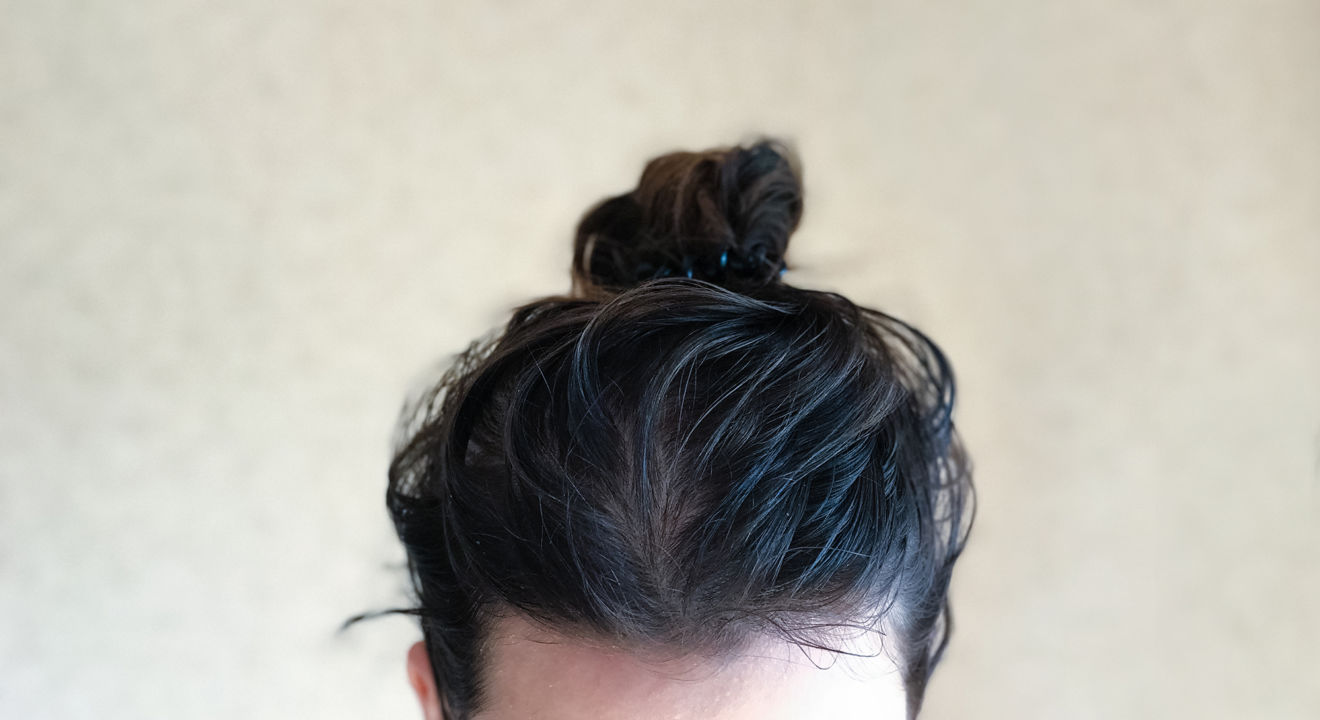Style May 15, 2017


Nobody likes greasy hair. All the oil gets on your face and it running your fingers through it isn’t a pleasant feeling.
Unfortunately, though, it’s something most women (and men) have to deal with – especially if they have long hair.
Thankfully, there are plenty of ways to counteract the pesky greasiness. And no, we’re not talking about just dousing your scalp with dry shampoo.
Eery pore on your skin has what’s called a sebaceous gland – or oil gland – including your scalp. These glands are responsible for maintaining hydration levels by producing oil. For your hair, sebum is what gives your luscious locks that healthy shine. However, when it’s making too much oil, it just ends up getting greasy and quite annoying.
And unfortunately, there are a number of reasons your hair’s suddenly turned up the grease factor. Which basically means, there are various things that could be working against you right now. Here are the top three reasons for greasy hair:
Getting greasy hair after one day is frustrating enough as it is. But what happens when your dry shampoo just isn’t cutting it anymore?
You could use a clarifying shampoo every now and then to make sure that there’s no buildup on your hair and scalp. But make sure not to use this frequently because, as previously discussed, over washing irritates the hair follicle and increase oil production.
Yes, sometimes running your fingers or a brush through your lovely tresses can also cause greasiness. The more you touch your your hair, the more oil you produce.
And while you’re at it, fix your brushing habits. Balance your brushing so that you brush enough to distribute the oils from your scalp to the rest of your hair, but not enough to provoke the scalp to produce more oils. And if you’re really just obsessed with brushing your hair, stick to just detangling the ends. Stay away from the scalp.
Styling products with shine enhancing features usually have oil in the ingredients. This is fine… as long as you’re not using too much of it. If you must use these products, make sure you get the kind that is right for your hair type. Otherwise, look for hair products that contain less oils and moisturizers that can make your hair look greasier.
Conditioner can weigh down your hair, which can then cause oily roots. Or some people just don’t wash the conditioner from their hair properly. So to help remedy the situation, just focus on conditioning the ends of your hair to avoid causing oily roots.
Lemon juice has the necessary vitamins to promote healthy hair and it can also keep your grease at bay. And since we just discussed that sometimes greasiness is caused by excessive product build-up, lemon juice can help get that off. If you don’t want to do lemon, you could also try tea rinses, washing with baking soda or apple cider vinegar. These three ingredients all help reduce oil build-up on your hair and scalp.
Try one of these solutions and tweet us at @entity_mag to tell us which worked best for you.